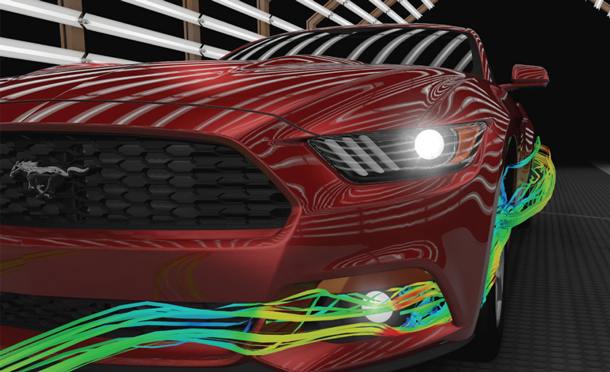When the pandemic hit the country earlier this year, both the federal and provincial governments took action by enforcing lockdowns, mask mandates, and other measures. While the spread of the virus has not been as comprehensive in Canada as it has been in the United States, the risk remains, and this is one reason why so-called “non-essential” businesses have struggled to stay open during this time.
For example, auto dealers in many provinces at home and states south of the border were considered “non-essential” and, for that reason, had to close their doors during the initial lockdowns in the spring and early summer.
These forced closures have impacted dealers and carmakers alike, and as such, many have switched to selling cars online. While internet car sales are not exactly new, the old way of buying and selling cars has remained popular even as other industries have been significantly impacted by technology.
According to several dealers and industry analyst’s online car sales have been a saving grace for an industry which was expected to face declining sales – even before COVID-19 become a global health and economic disaster. With the rush towards online sales, many observers believe this is changing how you will buy your next car.
Automakers have embraced the aspects of online shopping, including home delivery and pickup, ability to customize, and even the increased control over inventory. For dealers, the situation is more complicated. While laws in most places do not allow the car companies to sell a car directly, the shift towards online sales has further blurred issues surrounding dealer territories and exclusivity.
Beyond this, many dealers, while simultaneously crediting online sales, bemoan lost revenue opportunities such as upgrades and extended warranties, though this has not stopped them from trying new approaches. In fact, extended car warranties are everywhere as car dealers look for ways not only to sell new cars but used cars, as well as offering additional services to those who are not in the market for a vehicle but are concerned about protecting their existing vehicle.
In their rush to gain more customers, car dealers have been busy revamping their websites to make sure that visitors can purchase these services either directly through their site or are seamlessly redirected to the checkout on a third-party site.
The push online is expected to continue even as lockdowns ease, and many believe it could change the way you buy a car in the future. This is not only because consumers are finally accepting online auto shopping but as some dealers rethink their retail footprints.
The latter could dramatically alter the industry as dealers rebalance their operations towards services, which has long been the most profitable segment of their business. This could lead to consolidate of location, the reduction of showroom space, and potentially few sales associates per site.
While not having to haggle with the sales manager might be a welcome development, the result of this shift in the retail end of the auto industry could lead to mass layoffs, potentially muddying the prospects of an economic recovery post-COVID.
Given that the spread of the virus is starting to gain steam as the summer ends, the economic issues could have the most significant impact on car dealers over the next six to twelve months. In fact, the broader risk to the industry is the collateral damage caused by the pandemic, including unemployment, rising household debt, and declining credit quality. This could mean that there are fewer qualified buyers for new cars – even after aggressive incentives.
For dealers, however, this could create an opportunity as the sale or trade-in of used vehicles is usually dominated by local or regional dealers. The shift to online sales could give them a lifeline to hang on during the remainder of the pandemic.
Yes, going online means that price transparency becomes an issue, but as dealers update the functionality of their websites, they can offer financing, extended warranties, and other services to buyers in almost real-time, and this could give dealers the opportunity to convert website visits into sales – all without the need to pay sales commissions.
Doing so might make it easier to get a good deal on your next car while being very profitable to dealerships in Thunder Bay and across the country. Winter is coming, and with it, car sales usually slow. But going online, even during the pandemic, could change the way you buy your next car.








